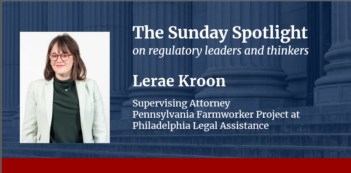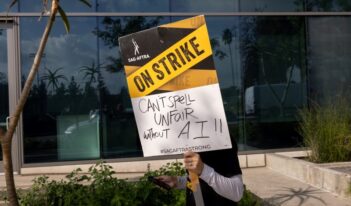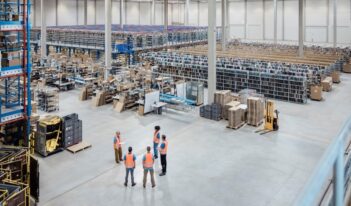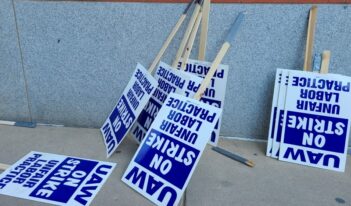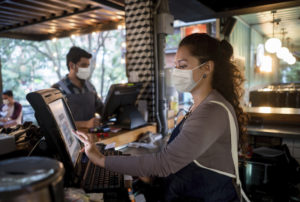Dissolving Skepticism About the New Labor Antitrust
Scholar argues that novelty should not prevent antitrust laws from recognizing workers’ claims.
Supporting Farmworkers Through Regulatory Processes
Lerae Kroon explains how direct legal services providers interact with regulations protecting farmworkers.
Reforming Labor Law
Benjamin Sachs discusses the need for labor-law reform and explains how state and local governments can increase worker power.
What the Starbucks Decision Means for the NLRB
An overlooked Supreme Court decision may give courts more discretion to second-guess the NLRB.
The Markets Are Up, but Workers’ Power Is Down
Scholars recommend ways for regulators level the playing field by empowering workers.
Reviving Workers’ Bargaining Power Amidst Evolving Tech
Scholar proposes a new regulatory model to strengthen workers’ bargaining powers.
Reforming Occupational Enforcement
Scholar proposes a method of enforcing American worker-protection laws and curbing employer retaliation.
Can Increased Trucker Salaries Lead to Safer Roadways?
Scholars argue that higher truck driver wages promote driver compliance with safety regulations.
Reforming Labor Law to Protect U.S. Workers
Scholars argue that the best way to improve labor law is to change union election rules.
The Consequences of a Subminimum Wage
Debate ensues over the consequences of eliminating an exemption to the federal minimum wage for tipped employees.
Fashion, Sustainability, and the New York Fashion Act
A New York State bill seeks to regulate the fashion industry’s social and environmental impacts.
Paying the Price of Regulating Childcare
Scholars argue that increased regulation in the childcare industry has unintended consequences.


